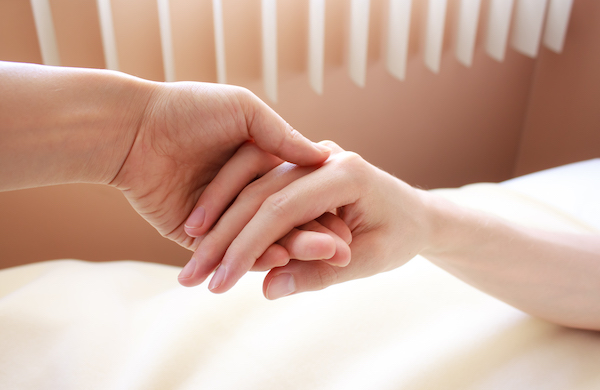Convincing Your Loved One To Use A Medical Alarm Device

Aging in place is one of the last bastions of independence for many seniors. If your aging loved ones have been determined to hold onto their independence in this way, you know that equipping them with a personal emergency response system can help them achieve this goal. Investing in a personal medical alarm device from LifeFone should be brought up to your loved ones in such a way as to let them know that using one of these devices isn’t taking away any independence, but is actually assisting them with their desire to age in place.
Many individuals will say they don’t want to wear a personal medical device because they believe it will mean they are “unfit” or “not healthy enough” to live alone, and convincing your loved one to use a medical alert device can be challenging.
When you share with them that these devices are worn as a preventative measure in the event they suffer a medical emergency or a trip or fall (which is a very real and startling statistic for individuals aged 65 and older) they may see the benefit of wearing one.
How can you appeal to the emotional side of this conversation? Here are some tips:
“It’s a fact of life, Mom and Dad, that people over the age of 65 are more likely to experience a trip or fall” as a way to let them know that if they have a personal medical alarm device, a simple push of the button will provide access to medical care and treatment and therefore they have a better chance at recovery.
“We worry about you.” This statement could be especially true if your parent is widowed and lives alone. Even if both parents are still living, each of them can have a personal medical device and this will provide peace of mind for the family.
“It’s for peace of mind.” If you let your aging loved ones know it’s as much for your peace of mind as it is for their health they may agree to the device as a way to not only allow them to remain independent in their own home, but as a way to provide you peace of mind. It’s a win-win.
If your loved ones are more logical than emotional, here are some logical arguments you can share with them for the importance of having a personal medical device in their home (and on their person):
One out of three individuals aged 65 and older will fall in the home. The longer they lie there without receiving medical care, the more serious the medical complications could become. Being able to press a button to gain access to medical assistance could mean the difference between a positive outcome or a negative one from a fall.
A personal medical device will allow you to age in place. These devices offer you the ability to remain independent while providing access to medical care if needed. In the event of a trip or fall or another medical emergency, you may not be able to reach a phone and with one of these devices, you won’t have to.
If your parents do not want to move into an assisted living facility, you should stress to them that one of these devices may mean they won’t have to. A personal medical device can delay that move for years, or perhaps for the duration of their lives.
If you can explain the viability of a personal medical device and equate it to “it’s something you pay for and hope you never need to use, but you are grateful it’s there if the time arises that you need it” your loved ones may see the benefit.
- How Seniors Can Feel Empowered in a Digital World with Accessible Technology
- February Is American Heart Month
- Thriving as a New Caregiver: Self-Care Secrets Revealed
- Bridging the Gap: Supporting Seniors Without Nearby Family
- Distance Caregiving Simplified: Modern Strategies for Compassionate Support
FREE BROCHURE Today!
